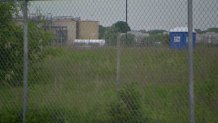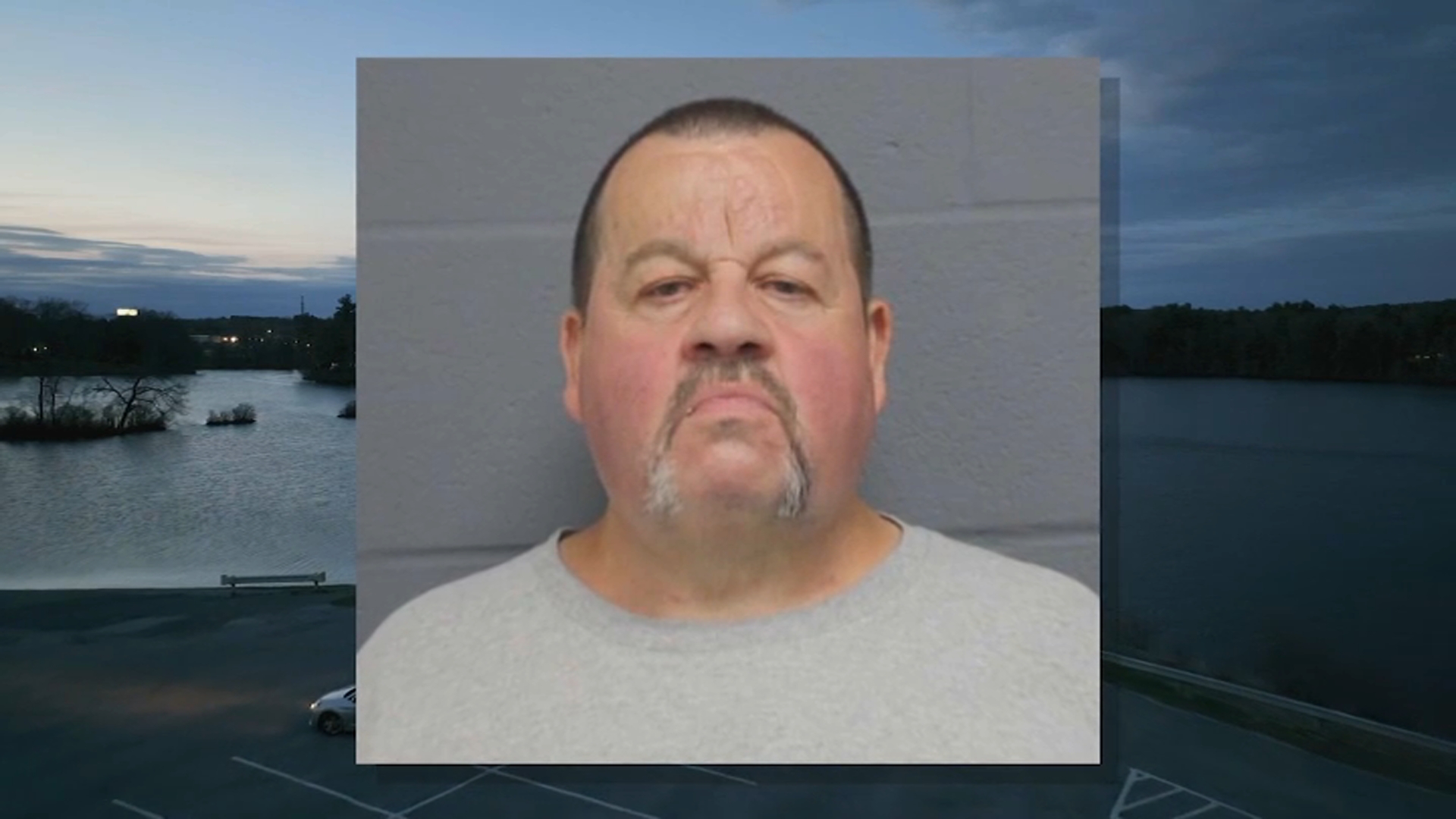
Town leaders in Weymouth, Massachusetts, have disagreed with the construction of the controversial natural gas compression station for years, and in December, protesters were arrested for blocking access to the facility.
Now, a Boston University Professor is taking the protest to new territory: a hunger strike.
On Jan. 29, Boston University Professor Nathan Phillips began a hunger strike to protest the public health effects of Enbridge's construction of the Weymouth compression station. He's still going 10 days later.
Every day, Phillips tweets a photo of himself to update people on the state of his hunger strike.
Phillips says he has been restricting himself to water, unsweetened tea, a daily multivitamin and sea salt.
In a personal statement, Phillips accused Enbridge of violating agreed-upon decontamination procedures from November 2019 by using improperly-labeled dump trucks loaded with arsenic- and asbestos-laden coal ash.
Local
In-depth news coverage of the Greater Boston Area.
NBC10 Boston reached out to Enbridge to ask what the company is doing to uphold the November 2019 procedures. It reiterated that all trucks are inspected before leaving the site.
"The paved road leading to the Compressor Station site is swept on a regular basis as an added measure to ensure no tracking of regulated soil onto local roadways," Enbridge representative Max Bergeron said in a statement.

TRC Environmental Corporation filed documents with the state in 2018 that demonstrated the soil at the site contains arsenic and coal ash. Exposure to arsenic and other heavy metals has been linked to cancer, cardiovascular disease, diabetes and impaired neurological development.
Bergeron told NBC10 Boston that samples from the site where potentially asbestos containing material was found were tested and analyzed. According to Bergeron, no asbestos was detected.
In his statement, Phillips lists three conditions for ending the strike: all dump trucks leaving the construction site must meet agreed-upon decontamination procedures, the Massachusetts Department of Environmental Protection must test for asbestos and the governor's administration must commit to installing and operating an air quality monitor.
Phillips remains adamant that he will not stop his hunger strike until all three conditions have been met.
NBC10 Boston asked Enbridge about Phillips' hunger strike, but their statement didn't comment on it.
Compression stations are built to boost the pressure in gas pipelines, according to Enbridge. The gas must stay pressurized so that it can travel efficiently to a destination like a local distribution center. The distribution center then sends that gas to local businesses or homes.
The Weymouth commpression station is part of Enbridge's "Atlantic Bridge Project" that will increase the amount of gas reaching New England and Canada.
Construction of the compression station began in early December and is expected to take 10 months to complete.
Phillips is not the only person to question the environmental and public health impacts of the site.
Weymouth Mayor Robert Hedlund sent a letter to the MassDEP Southeast Region. In the letter, he requested that MassDEP review the plans to build the compression station on a hazardous waste site.
Although the company has promised to take precautions at the site and help clean up the property, organizations like Fore River Residents Against Compressor Station remain skeptical.



